23. 3 Women (1977)
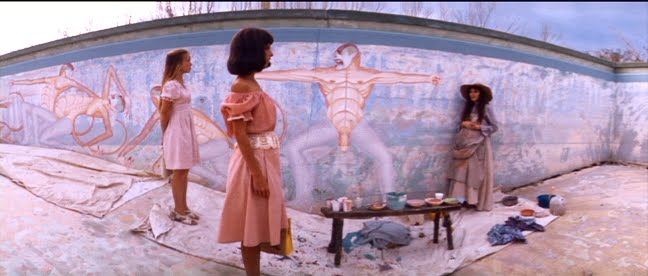
While it’s not the best or most refined film of Robert Altman’s directorial career, 3 Women remains a standout amongst his body of work for multiple reasons. Starring Shelley Duvall and Sissy Spaceck as a pair of coworkers and roommates who are both lacking in their personal lives, 3 Women is a symbolic and dramatic film that is often tonally surreal and, at select moments, almost horrific.
At first the film feels like the set-up for a Single White Female-type thriller, with Spaceck’s character desperately and uncomfortably clinging to Duvall’s for companionship and guidance. 3 Women isn’t that simple, however, and its genre is pretty much impossible to nail down.
It’s a movie that is many different things at one time, and the experience of seeing it in its entirety is one that is not quite like any other. Such tonally daring material is next to impossible to find in modern filmmaking, which is a large part of why 3 Women so easily earns its place on this list.
22. Wanda (1970)
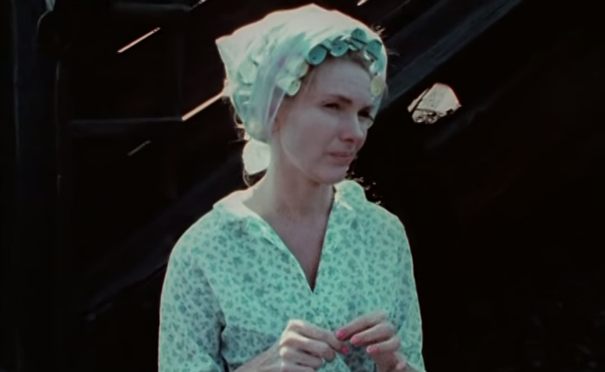
Writer-director-star Barbara Loden’s film is a gritty account of an alcoholic woman who has left her life, responsibilities, and family behind her. She then latches onto a small time crook, consequently finding a perverse meaning to her life outside of the status quo for women at the time… And is pretty much punished for it for the remainder of the film.
Wanda is a very welcomed female perspective from a decade of films that were sorely lacking one. As celebrated as the seventies were, it was (even more so than today) very much a boy’s club. Even though Loden’s accomplishment has all but gone unnoticed since its release, it deserves recognition not only for its quality and artistry, but also for filling part of a very deep and empty void.
21. Black Sunday (1977)
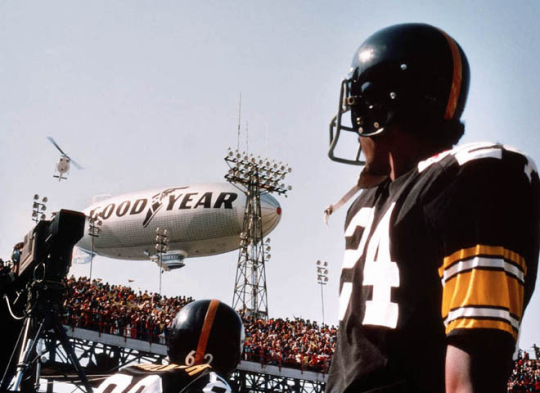
Before there was John McTiernan, Tony Scott, Michael Mann, William Friedkin, or even Michael Bay, there was John Frankenheimer. Frankenheimer was one of the founding pioneers in what has become modern-day action/thriller filmmaking. The director of Seconds and The Manchurian Candidate delivers an equally tight and expertly made, though far less known, thriller with Black Sunday.
Based on the novel by Silence of the Lambs author Thomas Harris, the film is about a terrorist plot (lead by the underrated and always welcomed Bruce Dern) to attack the Super Bowl stadium on game day until a highly watchable but horribly miscast (as an Israeli) Robert Shaw gets in the way.
In spite of its flaws in casting, however, the film delivers because of Frankenheimer’s expert execution and craftsmanship. The major set piece of the film, featuring a helicopter chasing down the Goodyear Blimp, is pure Frankenheimer: unrelenting, precise, highly suspenseful, and quite well ahead of its time.
20. Electraglide in Blue (1973)
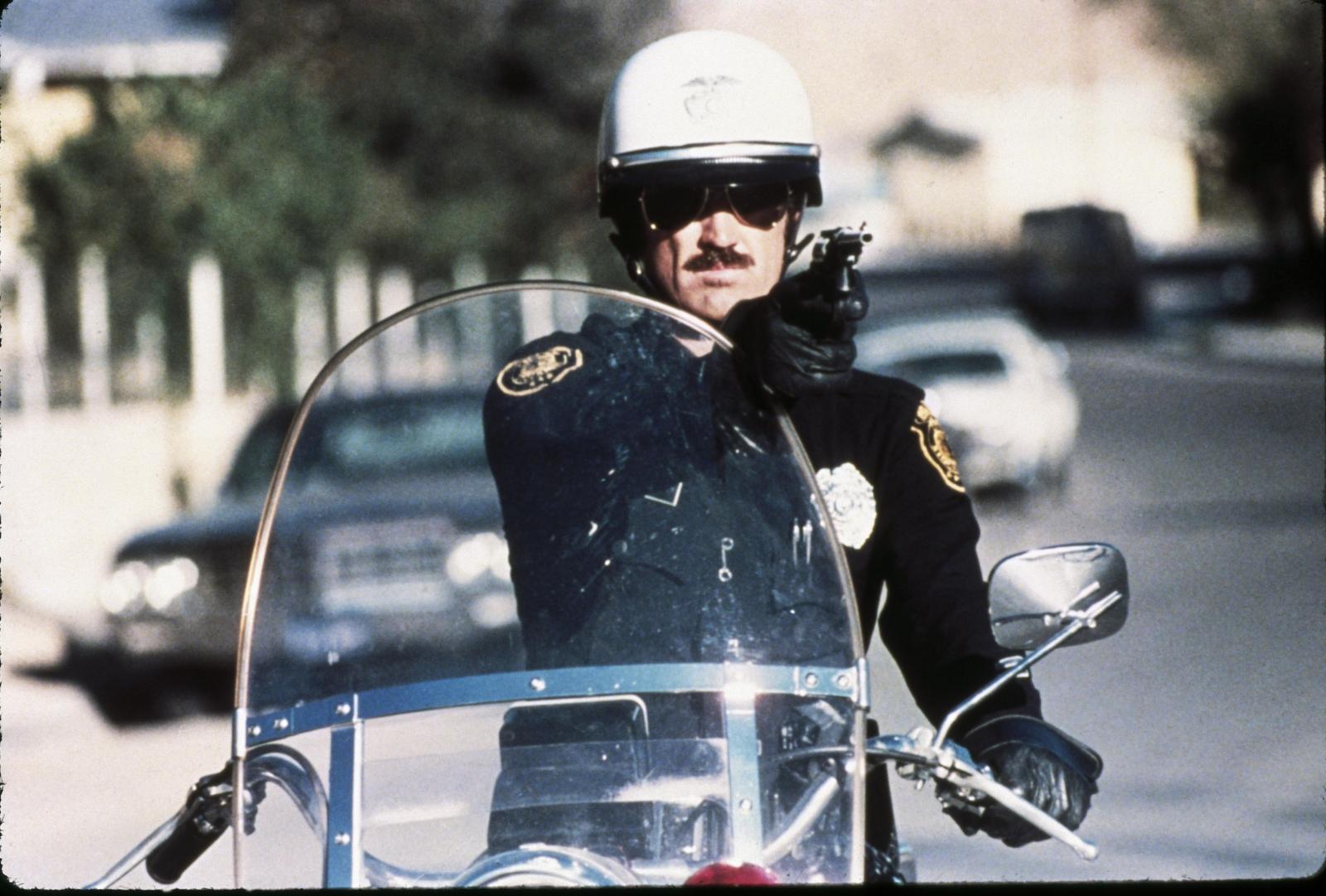
Director James William Guercio’s police drama is a stunning accomplishment. It is beautifully photographed, expertly paced, and exceedingly well acted (particularly by lead Robert Blake). Blake portrays a motorcycle traffic officer who suddenly gets his dream realized when he stumbles upon a murder investigation. What unravels is a quirky though highly telling (especially for the times) examination of police/authority corruption and abuse of power.
The film’s message, at the end of the day is a cynical one. Blake is an honest man with good intentions who is nothing but disillusioned and beaten down by the very establishment he has dedicated his life to serving. In Electraglide in Blue, the noble lose, the innocent suffer, and all good deeds are inevitably and very severely punished.
19. Sisters (1973)
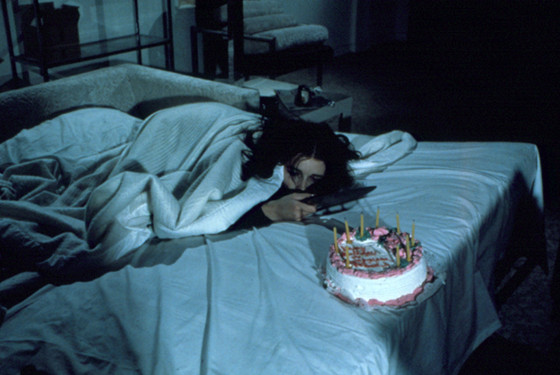
The first of Brian DePalma’s surreal, occasionally campy “Hitchcockian” thrillers (Dressed To Kill, Body Double, and Raising Cain, amongst others) is often forgotten when the resume for his fifty-year filmmaking career is being highlighted. This is a shame, primarily because Sisters is the perfect balance for DePalma fans: It’s not quite as grandiose or over-the-top as some of his more well-known (and often-criticized) films, but it’s also not a straight-laced thriller that adheres to any particular style or structure.
Sisters is a low-budget, lean, mean, and kitschy thriller about a beautiful young model (played by Margot Kidder) who has been separated from her Siamese twin. When Kidder is suspected of murder, details of her past begin to come into light and the story that unravels is ludicrous, enthralling, and just disturbing enough to get under your skin and stay there. For DePalma fans, it’s a familiar feeling and territory that is quite welcome and sorely missed today.
18. Straight Time (1978)
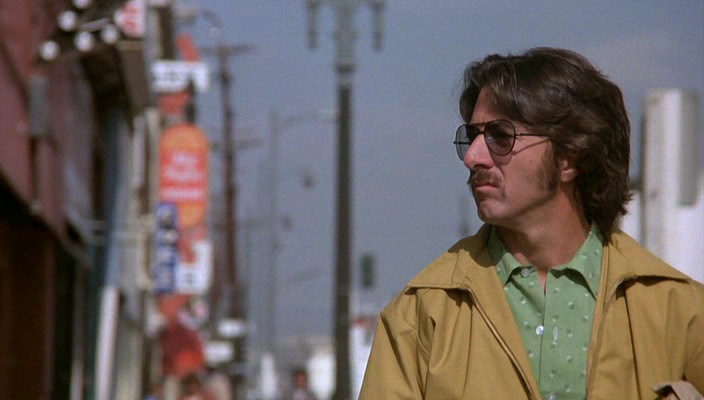
Dustin Hoffman has repeatedly proven that he is one of the most invaluable, reliable, and versatile film actors of any time and of any place. In a decade almost saturated with fantastic screen performances, Hoffman still managed to stand out and excel in just about everything he did, whether it was comedic, dramatic, or somewhere in between.
In Straight Time, one of the actor’s most unappreciated efforts from his heyday, Hoffman plays a criminal on parole who just can’t stay straight for long. He is a conflicted character who is a victim to both a corrupt system and to his own nature.
No matter how flawed or despicable his actions become, Hoffman always finds the truth and humanity in his character, and you empathize with him every step of the way. He also receives fantastic support from such character actors as M. Emmet Walsh and Harry Dean Stanton, whose presence, along with Hoffman’s, make Straight Time one of the many must-sees and forgotten greats on this list.
17, 16 Prime Cut (1972), Smile (1975)
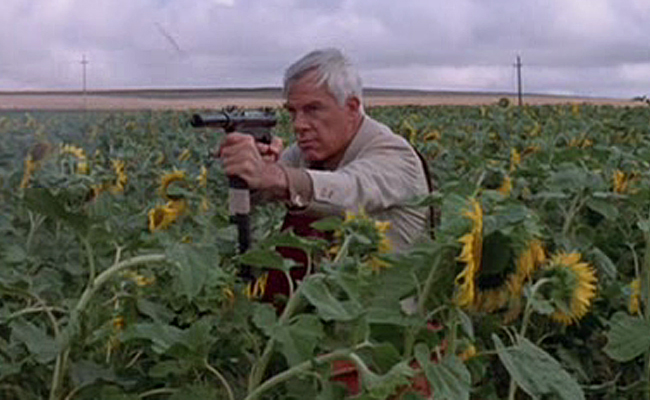
Michael Ritchie (best known for directing The Bad News Bears and Fletch) had a great run in the seventies. Unfortunately, like many other talented filmmakers of the time, he isn’t a particularly celebrated or renowned figure to film appreciators in general. His personal stamp and uniquely satiric voice deserves discussion and examination today, as his influence can be seen on many of today’s most celebrated filmmakers.
Prime Cut is a darkly humorous and rather raw action film whose edge, class, and intelligence propels it to being well above the standard shoot ‘em up. Featuring a cast that includes Lee Marvin, Gene Hackman, and Sissy Spaceck, the film is a colorful and violent mobster romp that gives us a glimpse of everything from human butchery to an underage sex trafficking ring held in a barn. Prime Cut’s mixture of violence, human relationships, and almost absurdist dark humor can be seen mirrored in the styles of such modern-day masters as Shane Black or, of course, Quentin Tarantino.
Smile is a tamer, though often funnier, satire set in the world of beauty pageants. Bruce Dern and Barbara Feldon (both wonderfully timed and hilariously insincere performances) headline the cast of the film, which shines a light on the greed and megalomania that dominates the behind-the-scenes environment of the seemingly innocent and surface-driven pageant scene. Smile is ahead of its time, both in Ritchie’s style and in its criticisms of some of America’s most ridiculous, unrealistic, and hypocritical values.